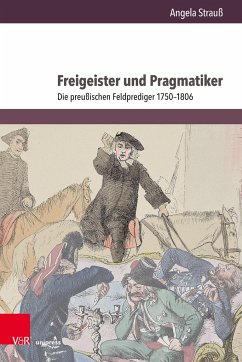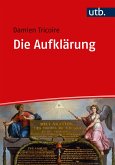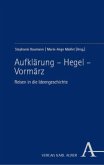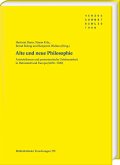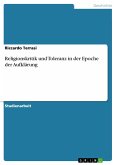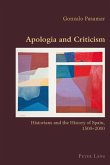Lange wurde den protestantischen Militärgeistlichen Preußens zugeschrieben, mithilfe der Religion die Soldaten diszipliniert zu haben. Demgegenüber argumentiert Angela Strauß, dass es sich bei den Militärgeistlichen der zweiten Hälfte des 18. Jahrhunderts nicht um Prediger des Krieges handelte. Zwar hielten sie patriotische Reden, doch ebenso wichtig war ihre Beteiligung an allgemeinen theologischen Debatten sowie ihr Engagement für die Schulbildung und eine Politisierung des Militärs im Sinne der Aufklärung. Das und die Tatsache, dass die Feldprediger zugleich eine kollektive Identität entwickelten, verdeutlicht die Autorin anhand der Auswertung von mehreren hundert Lebensläufen, die durch Verwaltungsschriften sowie Selbstzeugnisse der Geistlichen ergänzt werden.
Prussia's Protestant military chaplains were for a long time credited with using religion to discipline soldiers. In contrast, the author argues that military chaplains in the second half of the 18thcentury were not preachers of war. While they gave patriotic speeches, their participation in general theological debates was equally important, as well as their commitment to school education and a politicisation of the military in the spirit of the Enlightenment. The fact that the field preachers developed a collective identity at the same time is made clear by the evaluation of several hundred curricula vitae, which are supplemented by administrative writings as well as personal testimonies by the clergymen.
Hinweis: Dieser Artikel kann nur an eine deutsche Lieferadresse ausgeliefert werden.
Prussia's Protestant military chaplains were for a long time credited with using religion to discipline soldiers. In contrast, the author argues that military chaplains in the second half of the 18thcentury were not preachers of war. While they gave patriotic speeches, their participation in general theological debates was equally important, as well as their commitment to school education and a politicisation of the military in the spirit of the Enlightenment. The fact that the field preachers developed a collective identity at the same time is made clear by the evaluation of several hundred curricula vitae, which are supplemented by administrative writings as well as personal testimonies by the clergymen.
Hinweis: Dieser Artikel kann nur an eine deutsche Lieferadresse ausgeliefert werden.

